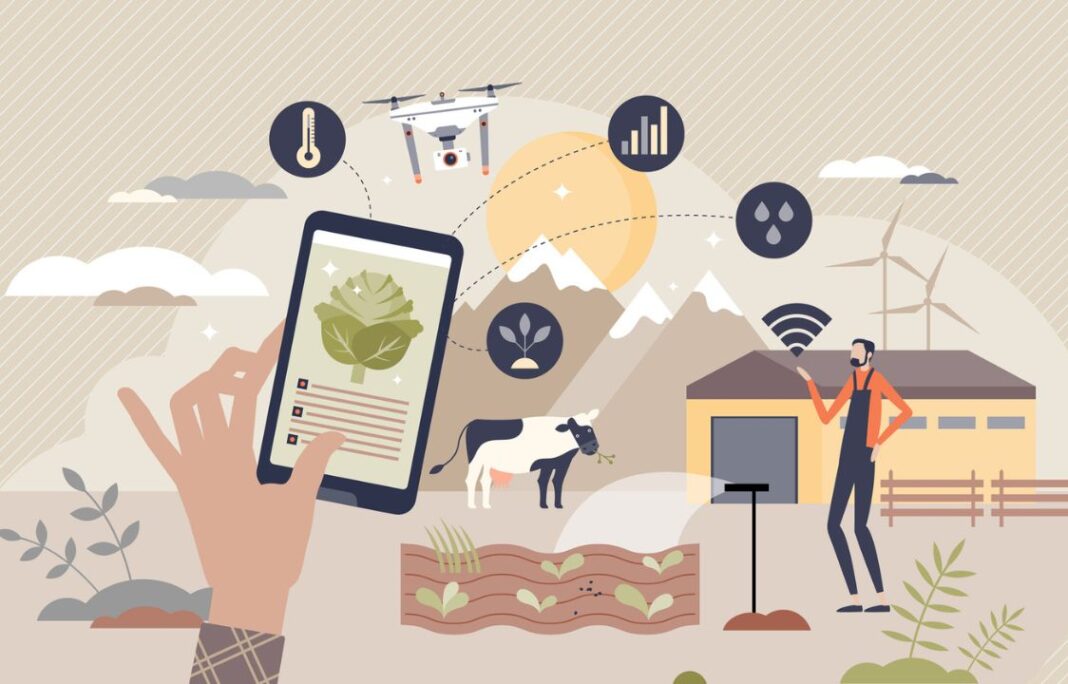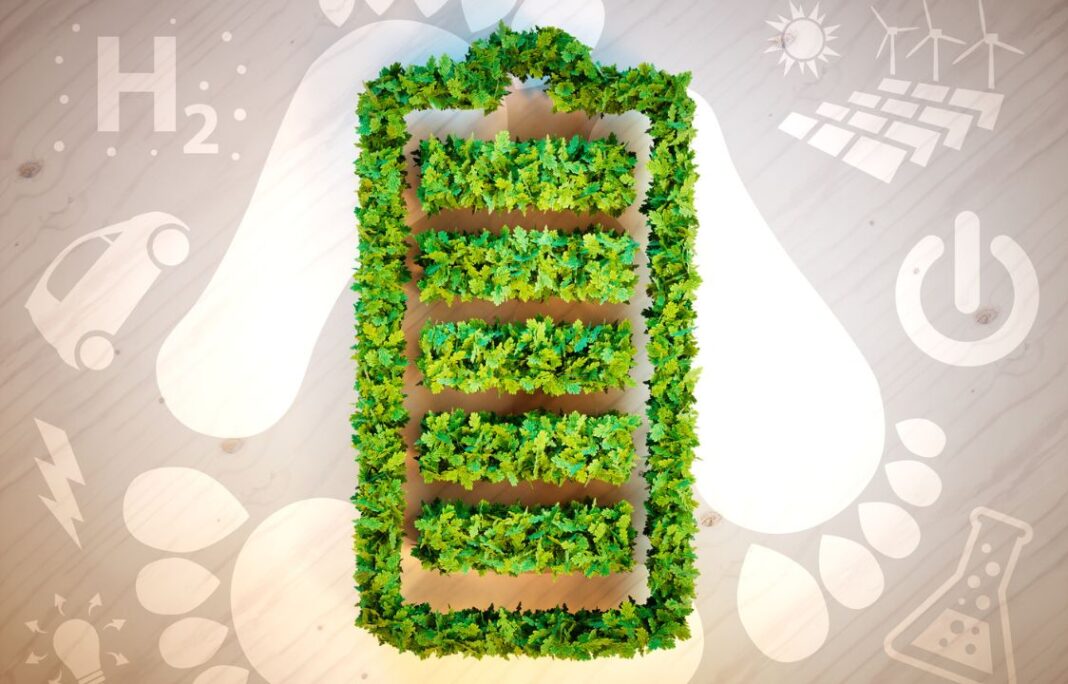Tech giant Google announced that it is actively developing technology to provide valuable information and promote sustainable choices, with a focus on transportation and energy sectors, which contribute the most to global emissions.
By investing in electric vehicles, renewable energy, and data-driven solutions, the company aims to empower individuals and organisations in the fight against climate change. Here are some of the progress the company shared at Sustainable with Google.
Transportation
Cutting down on traffic and travel emissions
Google’s Project Green Light is helping improve transportation. It uses AI to optimise traffic lights at intersections, enhancing traffic flow and reducing emissions. The product, currently available in 12 cities across four continents, aims to decrease the number of stops cars make at red lights.
Early data suggests a potential 30 per cent reduction in stops and up to a 10 per cent decrease in emissions at intersections. These estimates are based on Google’s analysis of traffic patterns before and after implementing signal adjustments during tests conducted in 2022 and 2023.
The initiative plans to expand to more cities globally next year.
Helping people travel more sustainably
Google is expanding its efforts to promote sustainable transportation choices. In India and Indonesia, Google Maps will soon offer fuel-efficient routing for cars and two-wheelers, suggesting routes with fewer hills, less traffic, and constant speeds, reducing emissions.
Google uses AI to find fuel-efficient routes for users, reducing emissions. They calculate saved fuel usage, apply adjustments, and estimate prevented emissions using the EPA’s calculator. The process involves uncertainties due to limited data, resulting in a reported central value.
Since its launch in 2021, this feature is estimated to have prevented over 2.4 million metric tons of CO2 emissions, equivalent to taking 500,000 fuel-based cars off the road for a year.
Additionally, Google is introducing new train route suggestions on Search when users look for flights and, in France, Google Maps will display public transit or walking suggestions alongside driving routes if travel times are comparable and practical.
These efforts aim to empower users to make eco-friendly transit choices and reduce their environmental footprint.
Comprehensive electric vehicle insights
Google is also catering to the rising interest in electric vehicles (EVs) by providing extensive information. Global EV-related searches have nearly doubled in the past two years, says the company.
In the US, users can now compare EV prices, battery range, and find federal government incentives.
Google has introduced an updated Fuel Cost Calculator for both electric and fuel-based cars in 21 countries. They have also launched a battery range explorer, indicating how far specific EV models can travel on a single charge.
These battery range insights roll out in the US in the coming weeks and in Europe early next year.
Strategies to minimise the impact of long-distance travel
Google Research, in partnership with American Airlines and Breakthrough Energy, claims to have reduced contrails, a major contributor to aviation’s carbon footprint, by 54 per cent using AI and data analysis.
They are now expanding these efforts in collaboration with EUROCONTROL, providing aircraft in European airspace with information to avoid contrails, aiming to address the aviation sector’s significant environmental impact.
Energy
Home cooling and heating options
Google is updating its Search experience to provide users with energy efficiency information and financial incentives when searching for sustainable home heating and cooling options like “heat pumps” or “air conditioning”.
This aims to help people make more environmentally friendly choices, especially in urgent situations, during the clean energy transition.
Accelerating the energy transition
Clean energy sourcing is also essential for individuals, businesses, and cities in the transition to sustainable energy practices.
Tapestry, an Alphabet project, has developed AI-powered tools to help governments and utilities efficiently plan and model scenarios for clean energy adoption. These tools address challenges like aging infrastructure and weather-related delays.
In Chile, Tapestry’s technology enables the national system operator to run up to 12 times more future scenarios, aiding the clean energy transition.
Building sustainable urban areas with solar
Google Earth is introducing a new feature to aid cities in incorporating solar energy into urban development, especially in areas like parking lots. This tool helps planners optimise building designs and solar options, making solar technology more accessible and contributing to global emission reduction efforts.
Google underscores the importance of technology, particularly AI, in advancing sustainability in areas like transportation and energy.






